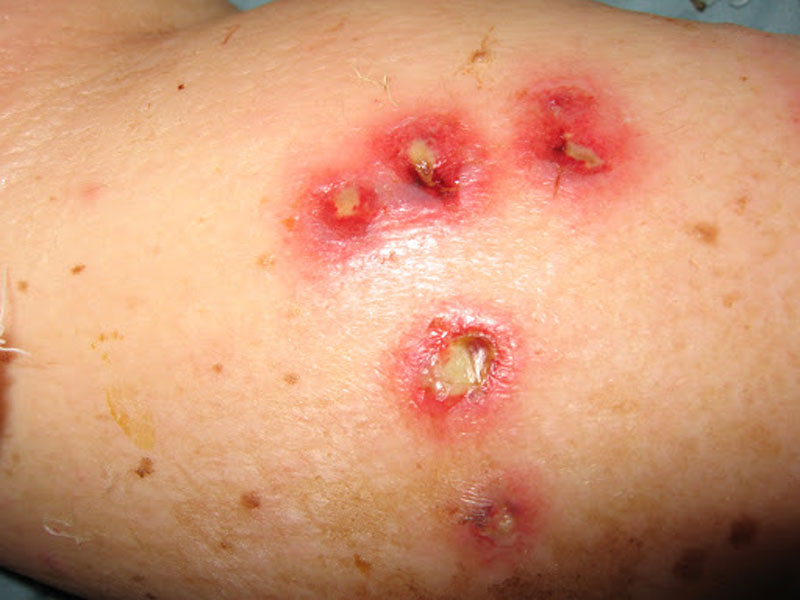Category: E
-
Ectrogeny
A congenital absence of a part at birth. Congenital absence of any body part or organ.
-
Ectrodactyly
A congenital absence of all or part of a finger. Congenital absence of some fingers or toes.
-
Ectopic pacemaker
An unusual focus of the heart muscle which takes the place of the sinoatrial node. Any endogenous cardiac pacemaker other than the sinoatrial node.
-
Ectopic heartbeat
An unusual extra beat of the heart which originates from a point other than the sinoatrial node. An abnormal heart rhythm, in which the heart contracts sooner than usual. It is the most common form of abnormal heart rhythm and the least serious. An ectopic heartbeat is also known as extrasystole. Ectopic heartbeats can give…
-
Ectopia
In which an organ or part of the body is not in its usual position. Abnormal positioning of a part or organ, especially at the time of birth, ectopic. The misplacement, due either to a congenital defect or injury, of a bodily part. Malposition or displacement, especially congenital, of an organ or structure.
-
Ectoparasite
Parasite which lives on the skin. A parasite that lives on the exterior of its animal or human host. Ectoparasites may be organisms ranging in size from microscopic to those visible to the naked human eye. They can cause serious illness, such as Lyme disease (deer ticks and western blacklegged ticks) and Rocky Mountain spotted…
-
Ectodermal
Referring to the ectoderm.
-

Ecthyma
A skin disorder that is a serious form of impetigo which penetrates deep under the skin and leaves scars. A skin disease, an ulcerative type of impetigo, in which the infection spreads down to the lower layer of the skin (dermis). Ecthyma heals more slowly than ordinary impetigo and causes scarring. In debilitated or immunosuppressed…
-
Ectasia
The dilatation of a passage. The dilatation of a tube, duct, or hollow organ. A term that means widening, usually referring to a disorder of a duct bearing secretions from a gland or organ (e.g. mammary duct ectasia). The term “ectasia” is used to describe a condition of widening, particularly concerning a disorder of a…
-
Ecraseur
A surgical instrument, usually with a wire loop, used to cut a part or a growth off at its base. A surgical device, resembling a snare, that is used to sever the base of a tumor during its surgical removal.